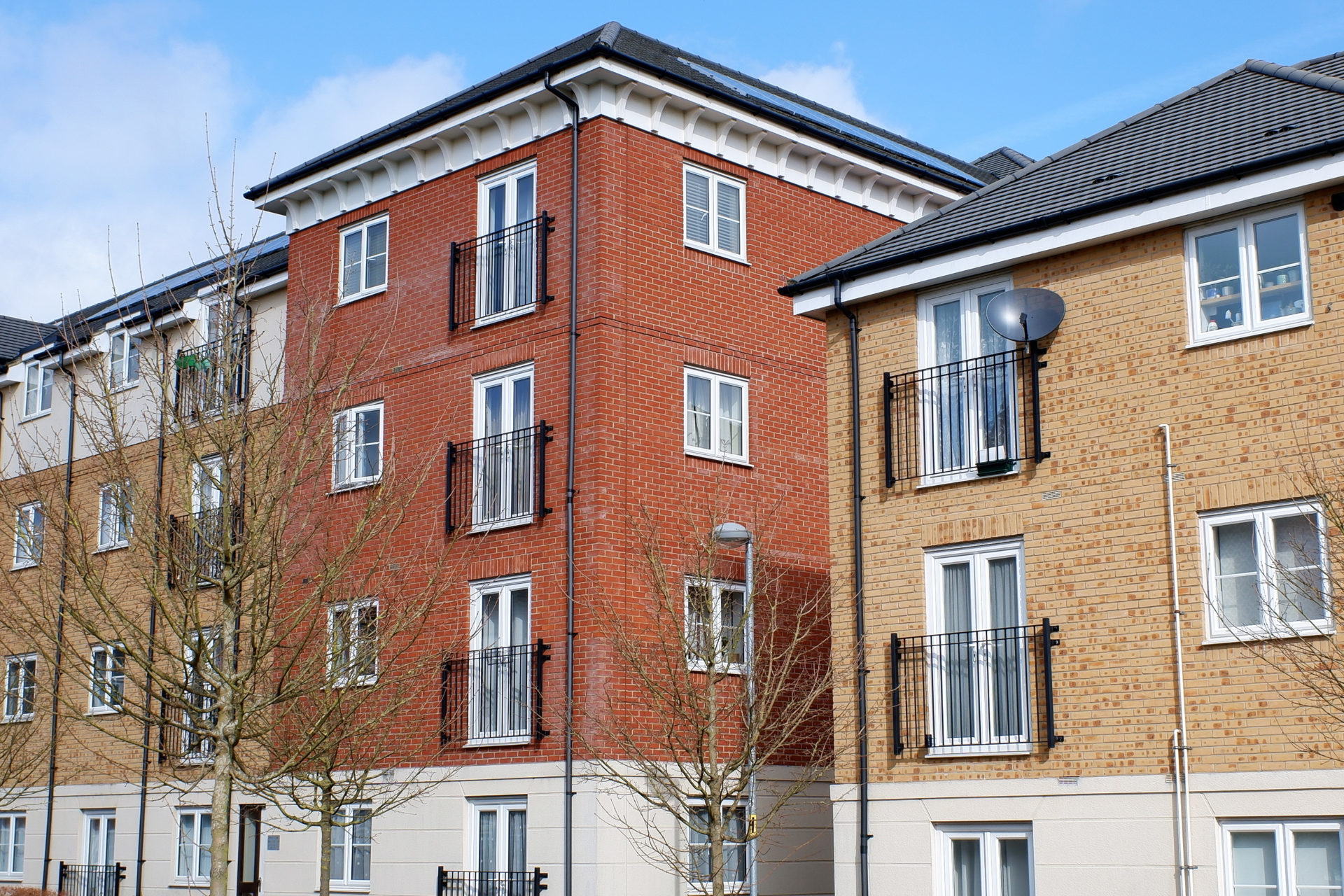Under the leasehold system in England and Wales, you might not own flat outright.
A lease on a flat in England and Wales could be for as long as 999 years, but the bottom line is that you still don’t own your home outright if the flat is leasehold. You only have an agreement – the lease – that entitles you to live in the apartment for a set period of time. The property may still ultimately owned by the freeholder, also known as the landlord.
Even if you live in a block where you own a share of the freehold, it is not you but the company formed especially to own the freehold that owns the flat. You may just be one shareholder in that company.
You can have responsibilities as a leaseholder as well as a joint freeholder, and will still be bound to the covenants in the lease.
People living in blocks where leaseholders have no stake in the freehold, may agree that the leasehold system is feudal and outdated. We still hear tales of rogue freeholders and unreasonable service and administration charges.
Levelling, Housing and Communities secretary Michael Gove has said the system is an ‘unfair form of property ownership’. His views appear to be popular, as a YouGov poll taken shortly after his comments were made on TV suggests that only 10% of people oppose leasehold reform.
That said, Mr Gove acknowledged that that hundreds of years of intertwined law will take some unravelling. Meanwhile the Government does offer a free Leasehold Advisory Service.
How do freeholders make a profit?
You might wonder what the financial benefit is for freeholders. For a start, a freeholder can make money by extending your lease and, when that gets below about 80 years, you might have no choice but to do that in order to keep it ‘mortgageable’ for future buyers.
Freeholders can also benefit from ground rents which, while they are abolished for new properties, can provide a good return on investment in blocks where they do still apply. Some leases even have automatic ground rent increases built in, giving investors even more incentive to hold onto the freehold.
Ownership can also allow freeholders to manage maintenance and services including repair of the structure, exterior redecoration, outside space, and insurance of the building and boundary walls. A freeholder can recover these costs through service charges, but the current law – where there has been some welcome reform – can prevent big profits from being made. If the ground rent is low, the hassle of owning the freehold may not be worthwhile.
Can I buy the freehold of my flat?
As long as there are enough leaseholders in the block willing to take part in the purchase, you can buy the freehold and the freeholder has to agree a fair price.
You do have to follow strict rules that help ensure fairness. For instance, it isn’t possible for one leaseholder to simply takeover.
The freehold will have to be owned by a company set up specifically for that purpose and the leaseholders who share in the ownership of that company will then have all the responsibilities of block management and maintenance that the old freeholder had.
Leasehold improvements
Leasehold isn’t always bad news and millions of people live quite happily in flats across the nation. Reforms are still falling short of the abolition and replacement with a commonhold system that campaigners are calling for. However, they do mean that new flats tend to be sold under fairer terms than may have been the case in the past, and that holders of older leases do have better protection under the law.
Property management is becoming more professional, and there are plans to regulate agents and consolidate those improvements.
How do I find out who my freeholder is?
If your lease doesn’t tell you and you don’t receive ground rent bills or service charge accounts with these details, you might want to find out who your freeholder is. Otherwise, you might faces issues when you wish to sell, amend, or extend your lease.
You can find out who he registered freeholder is from the Land Registry.
Blocks of Flats Insurance from Gallagher
We understand that cover and price are important to you, and we will search our panel of well-known insurers to help find you suitable protection. Use our quote form or call us on 0800 612 8631 for a quote.
The sole purpose of this article is to provide guidance on the issues covered. This article is not intended to give legal advice, and, accordingly, it should not be relied upon. It should not be regarded as a comprehensive statement of the law and/or market practice in this area. We make no claims as to the completeness or accuracy of the information contained herein or in the links which were live at the date of publication. You should not act upon (or should refrain from acting upon) information in this publication without first seeking specific legal and/or specialist advice. Arthur J. Gallagher Insurance Brokers Limited accepts no liability for any inaccuracy, omission or mistake in this publication, nor will we be responsible for any loss which may be suffered as a result of any person relying on the information contained herein.
FP484-2023
